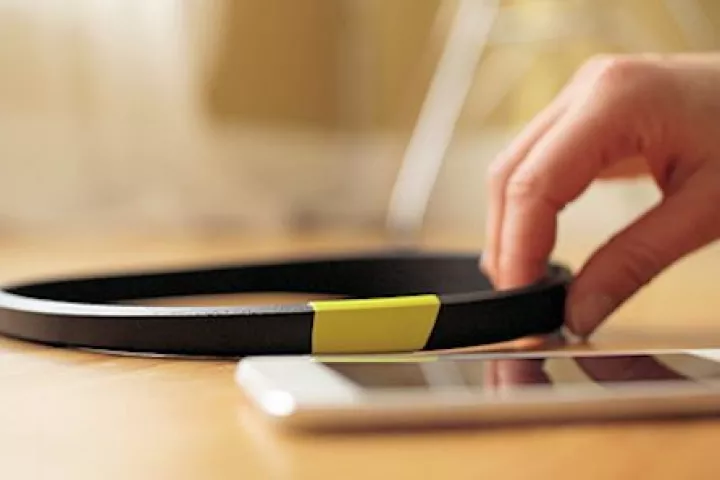Thinking
-
Use AI long enough and eventually you lose the ability to communicate your inner thoughts. You think in terms of LLM prompts. And if our inner thoughts then resemble LLM outputs does that mean the computer is getting smarter, or we are getting dumber?
-
Blinking isn’t just about keeping eyes moist. New research suggests we blink less when listening becomes hard, with each pause reflecting increased focus. The findings hint that blinking may track how hard our brains are working to listen among noise.
-
Using Google might spark your creativity, or it might stifle it, but this depends on the circumstances, according to a new study. We know the internet isn’t going anywhere, but we may need to hold on to our humanity to use technology more effectively.
-
A new study out of Northwestern University has found the old advice of solving a problem by "sleeping on it" is not only true, but can be improved by using sound cues to manipulate our brain while we sleep.
-
Research has revealed a dose of psilocybin can result in improvements to a person's creative thinking abilities, lasting up to 7 days past the initial use. The study suggests a possible "window of opportunity" in the days following a dose could be effectively used for therapeutic interventions.
-
Thinking through intense situations in fast-paced, high action video games may take less than a second, but new research from the the University of Rochester shows it can also enhance real-world learning capabilities by enabling the brain to better anticipate sequences of events.
-
Despite its initial success, Erik Chevalier's campaign for The Doom That Came to Atlantic City has been such an unmitigated disaster that it serves as an essential reminder to those thinking of backing crowdfunding campaigns that they do so at their own risk.
-
The Melon EEG headband is an interesting new entry in the cognitive gadget marketplace that is designed to measure "focus."
-
A recent study at the University of British Columbia found that our brains are much more active when we daydream than previously thought.
-
NeuroSky, Inc., has demonstrated a brainwave-controlled video game utilizes the company’s MindSet headset, which reads a player’s brainwave information to register the current state of relaxation or concentration of players, allowing them to perform actions within the game.
-
September 9, 2008 “Eureka” (Greek for "I have found it") is an exclamation used as an interjection to proclaim an epiphanic discovery. Famously pronounced in the bathtub by Archimedes when he suddenly understood that the volume
-
DesignBuildBluff and graduate students from the University of Utah’s College of Architecture & Planning have designed and built energy-efficient, inexpensive houses using natural building methods and materials made of recycled products and locally salvaged waste or by-products.
Load More











